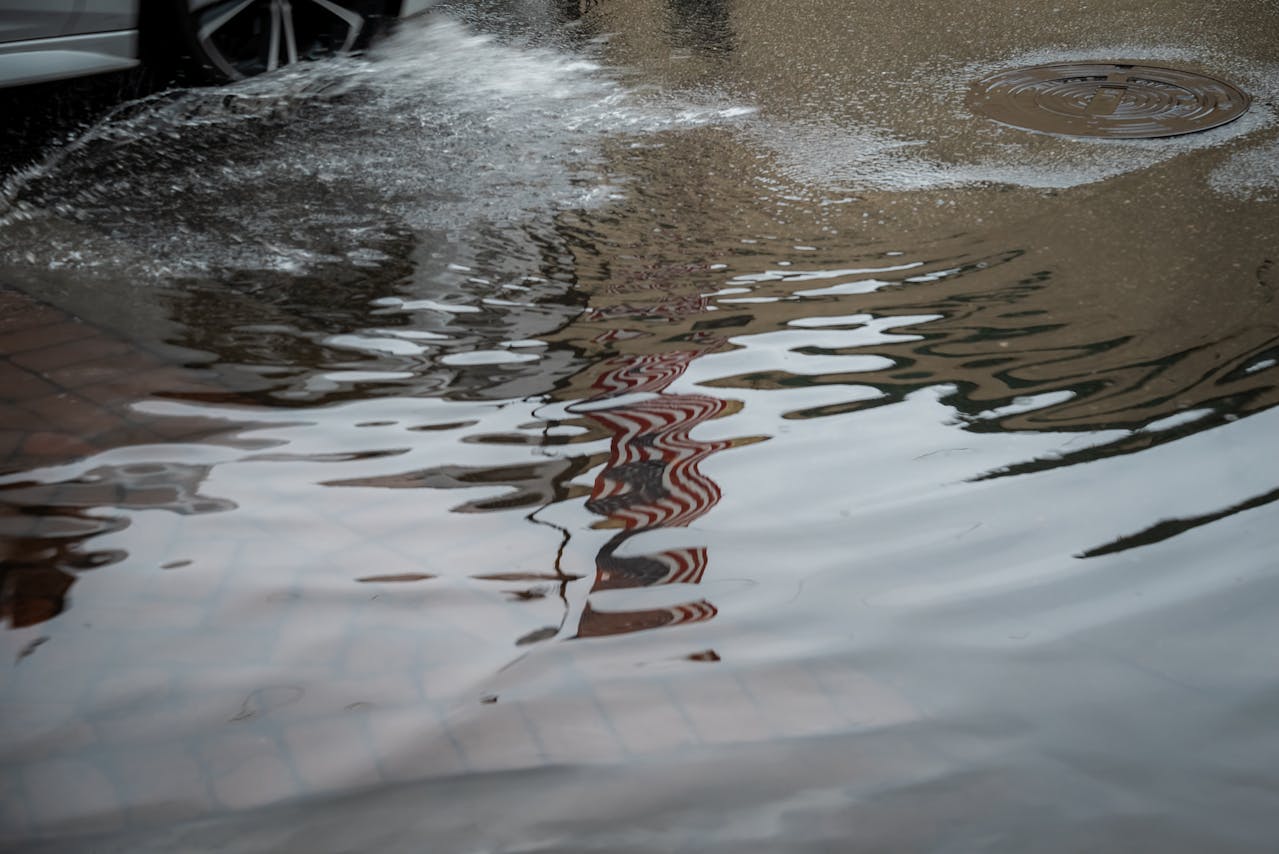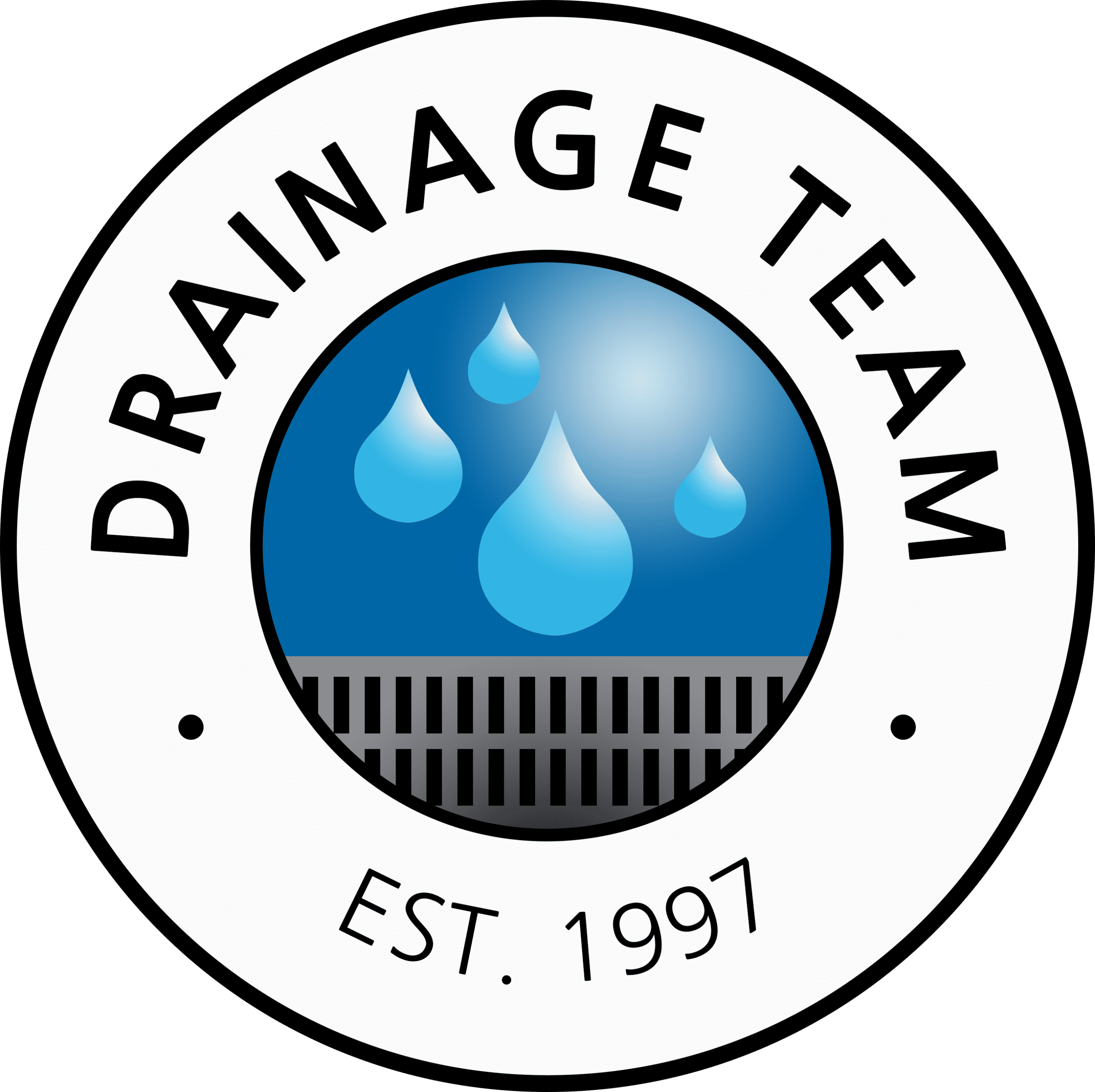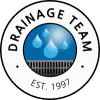Stormwater runoff can be quite a headache for those living in urban areas, especially in a city like St. Louis. With a dense population and lots of buildings, these areas don’t have enough natural land to absorb rainwater. This leads to excess water flowing over hard surfaces and into streets and properties. Managing this runoff is crucial for preventing flooding, protecting water quality, and minimizing damage to urban infrastructure. Urban areas, with their abundance of concrete and lack of vegetation, are particularly prone to these issues, making stormwater management essential for maintaining city livability and safety.
In St. Louis, managing stormwater effectively is vital due to the city’s frequent rainfall and the challenges posed by urban growth. Failing to address these issues can lead to flooded streets, contaminated waterways, and damaged properties. However, with the right strategies, cities can manage stormwater runoff and protect their residents and infrastructure. By acknowledging the causes and effects of stormwater problems, as well as implementing effective solutions, we can mitigate these problems and create a safer urban environment for everyone.
Causes of Stormwater Runoff Problems in Urban Areas
Stormwater runoff becomes increasingly problematic in urban settings due to various factors. Understanding these causes helps pinpoint the solutions needed to tackle them effectively:
– Urbanization and Infrastructure Development: As cities grow and develop, more land is covered in impermeable surfaces like concrete. This prevents rainwater from soaking into the ground, leading to increased water flow over streets and into storm drains. The rapid pace of urbanization amplifies this issue, as more buildings and roads are constructed without ample consideration for adequate drainage.
– Inadequate Drainage Systems: Many urban areas have outdated or insufficient drainage infrastructure. This can be due to aging systems that haven’t been updated to handle current demands or poorly planned systems that don’t cope well with heavy rainfall. A lack of maintenance and design flaws can exacerbate these problems, resulting in water back-up and flooding.
– Changes in Weather Patterns and Increased Rainfall: Shifts in climate patterns have led to more unpredictable and intense rainfall events, overwhelming drainage systems that weren’t designed for such volumes of water. As weather patterns shift towards more severe storms, urban areas must adapt to handle the increased water flow to prevent flooding and damage.
Unraveling these root causes allows urban planners and residents to implement appropriate measures to combat stormwater runoff issues. Using this knowledge effectively can protect both city infrastructure and residential areas.
Common Stormwater Runoff Issues
Stormwater runoff can lead to a variety of problems that affect urban environments:
1. Flooding in Streets and Basements: When stormwater isn’t properly managed, it often results in floods, which can inundate streets and seep into basements, causing expensive damage and inconvenience to residents.
2. Water Pollution and Contaminant Spread: As runoff travels across roads and other surfaces, it picks up pollutants like oils, chemicals, and debris, eventually depositing them into water bodies. This pollution can harm aquatic life and degrade water quality, affecting the health of ecosystems and the people reliant on them.
3. Erosion of Land and Property Damage: Rapid water flow can erode soil around properties, compromising land stability. Erosion not only affects the landscape but also damages infrastructure, leading to costly repairs and potential safety hazards.
Acknowledging these issues is the first step in addressing them and creating effective solutions to manage stormwater runoff impacts.
Effective Solutions for Managing Stormwater Runoff
Managing stormwater runoff efficiently demands a mix of innovative strategies and traditional infrastructure improvements. In an urban environment like St. Louis, these solutions play a pivotal role in safeguarding both public and private property.
– Installation of Advanced Drainage Systems: Utilizing modern technology, advanced drainage systems can be integrated into existing infrastructures. These systems are designed to handle increased volumes of water, directing it efficiently away from susceptible areas. By doing so, they help reduce the risk of local flooding and waterlogging.
– Use of Permeable Pavement and Green Roofs: By allowing water to seep through surfaces, permeable pavements help minimize runoff. This not only alleviates pressure on drainage systems but also returns water to groundwater supplies. Green roofs, on the other hand, absorb rainwater, provide insulation, and add green space to urban areas. These solutions are both practical and environmentally friendly.
– Implementing Rain Gardens and Detention Basins: Rain gardens are landscaped areas planted with native vegetation which capture and treat stormwater naturally. They slow down water flow, enhance absorption, and filter pollutants. Detention basins are engineered solutions that temporarily hold stormwater, releasing it slowly into drainage systems. These basins help prevent sudden surges in water flow, protecting downstream areas from flooding.
By implementing these solutions, urban areas can effectively counter stormwater challenges, promoting resilience against water-related issues.
Benefits of Professional Stormwater Services in St. Louis
Professional stormwater services bring a number of benefits to St. Louis, ensuring effective management of water-related issues.
1. Expertise in Assessing and Addressing Specific Urban Drainage Needs: Specialists have the skills and knowledge to thoroughly assess urban drainage requirements. They identify specific problems and provide a range of solutions that are both innovative and practical.
2. Customized Solutions for Long-term Effectiveness: One-size-fits-all doesn’t work for stormwater management. Professionals offer services that are specific to each case, creating solutions that align with particular site conditions and challenges. This ensures long-term effectiveness and prevents future issues from cropping up.
3. Preventing Costly Damages and Ensuring Compliance with Local Regulations: Hiring professionals help prevent expensive damages that could arise from inadequate drainage systems. They also ensure that all solutions meet local environmental regulations and standards, keeping properties safe and legally compliant.
Keeping Your Urban Property Safe
Managing stormwater runoff isn’t just about protecting individual properties; it’s about creating a safe and resilient urban environment for everyone. By addressing stormwater issues head-on, St. Louis can prevent the kind of damage that floods and unmanaged water flows can cause. These solutions help maintain the livability of the city and protect the well-being of its residents.
For homeowners and businesses, recognizing the importance of professional stormwater services can make a big difference. By choosing to work with experts who understand the complexity of urban water management, property owners can ensure their investments are protected while contributing to a healthier urban ecosystem.
Managing stormwater runoff in urban environments like St. Louis is essential for safeguarding properties from potential damage. When you’re ready to tackle stormwater challenges, consider the benefits of partnering with experienced professionals who understand the unique needs of urban drainage and stormwater services in St. Louis. Contact us today for more information. With the right guidance, you can help protect your property and contribute to a healthier city ecosystem.





